People
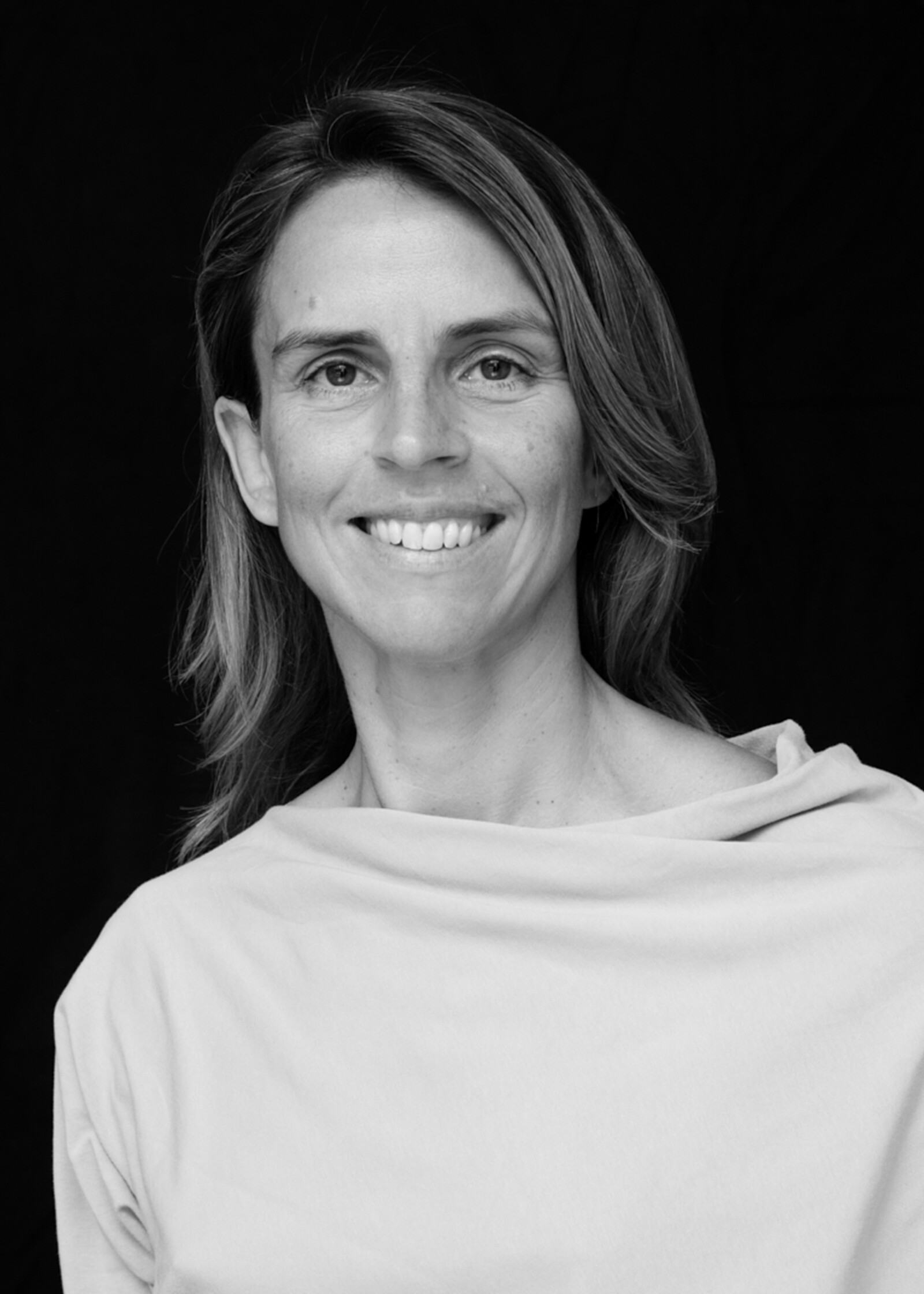
Karmen Franinović
Head of Subject Area in Interaction Design, Head of MA Interaction Design, Co-director of Transdisciplinary Artistic PhD Program
Karmen Franinović is head of the Interaction Design subject area, where she also directs the MA Interaction Design program and research area. Her research focus is on understanding and creating experiences that engage bodily and spatial knowledge in interaction. She leads research projects on ecological interaction, movement rehabilitation, responsive architecture and sonic interaction. Karmen's practical and theoretical work challenges established interaction paradigms to foster more critical and playful uses of technology in everyday life. She is the founder of Enactive Environments group and Zero-Th Studio.
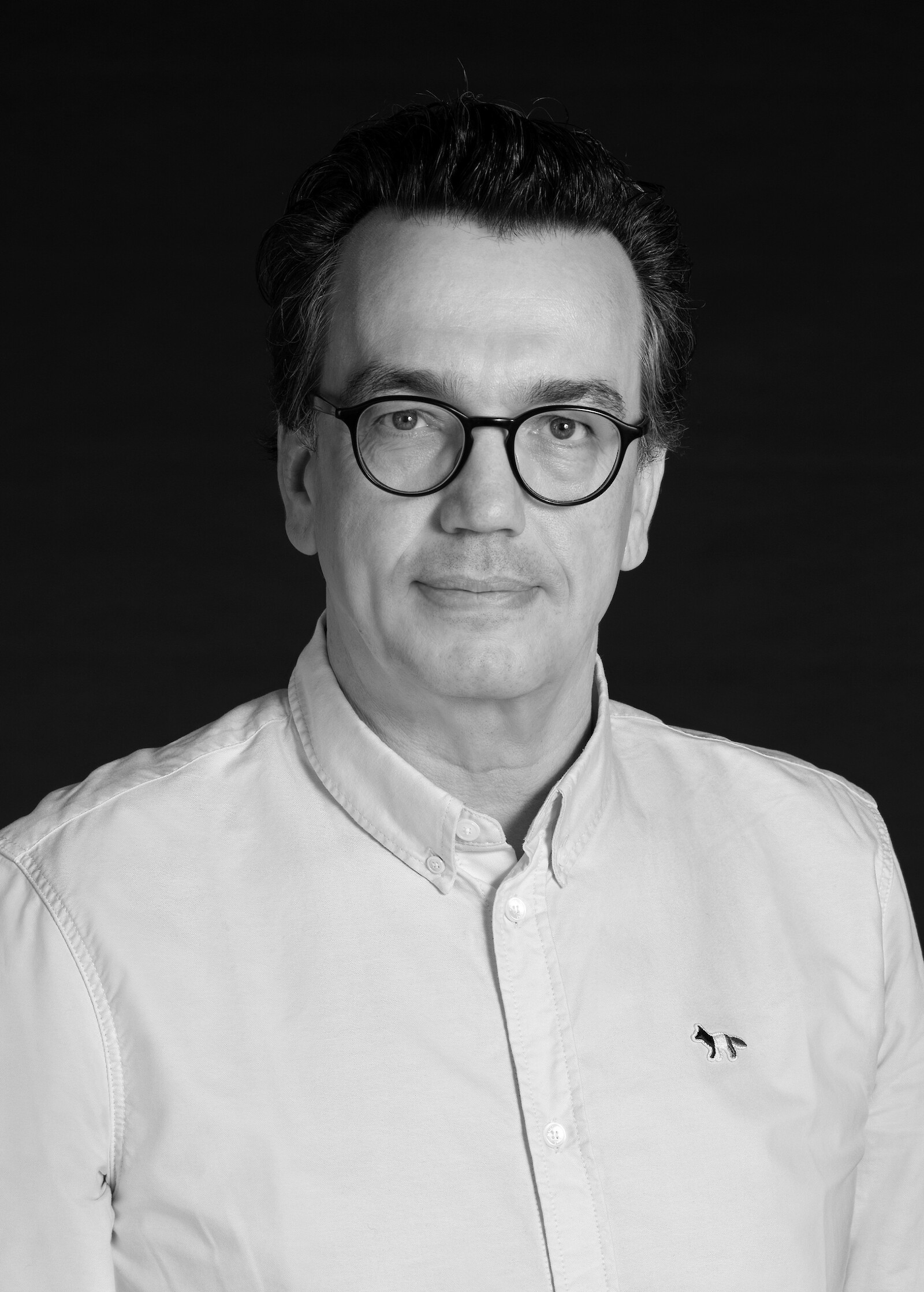
Jürgen Späth
Head of BA Interaction Design
Jürgen Späth studied visual design at the University of Design Schwaebisch Gmuend. After studying in Japan and USA, he graduated with a thesis on the topic of "Cryptesthesia in Networked Systems". In 1999 he founded the Design Studio Projekttriangle together with Prof. Danijela Djokic and Martin Grothmaak. Projekttriangle develops new forms of cultural expression and communication in both analogue and digital media. For his work, Jürgen has received several national and international awards and has numerous publications in magazines and books. Jürgen has been invited as guest lecture at numerous international universities and conferences. Since 2002 he has been a lecturer in the field of Interaction Design at the ZHdK.
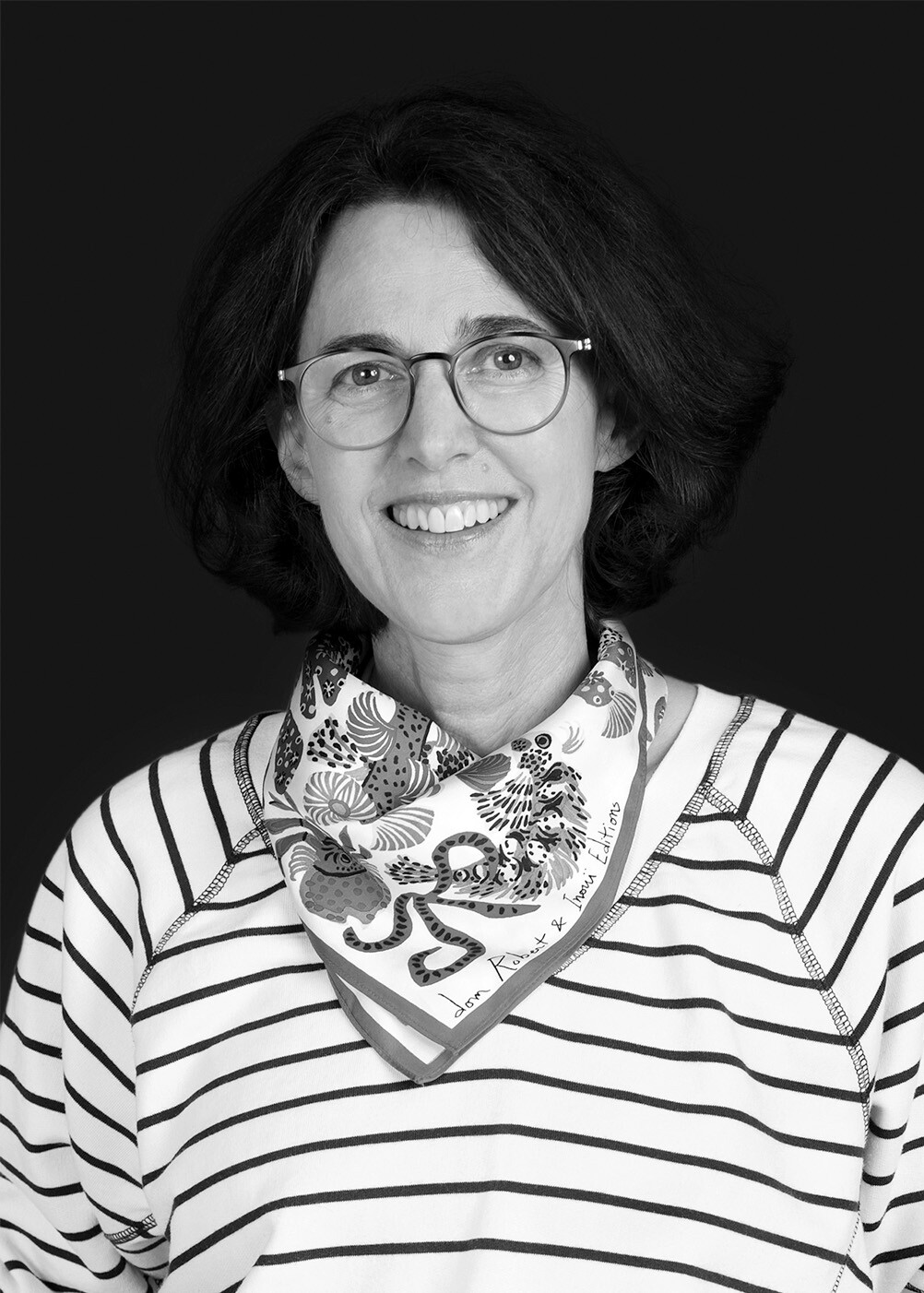
Bettina Hannwacker
Head of Interaction Design Secretariat
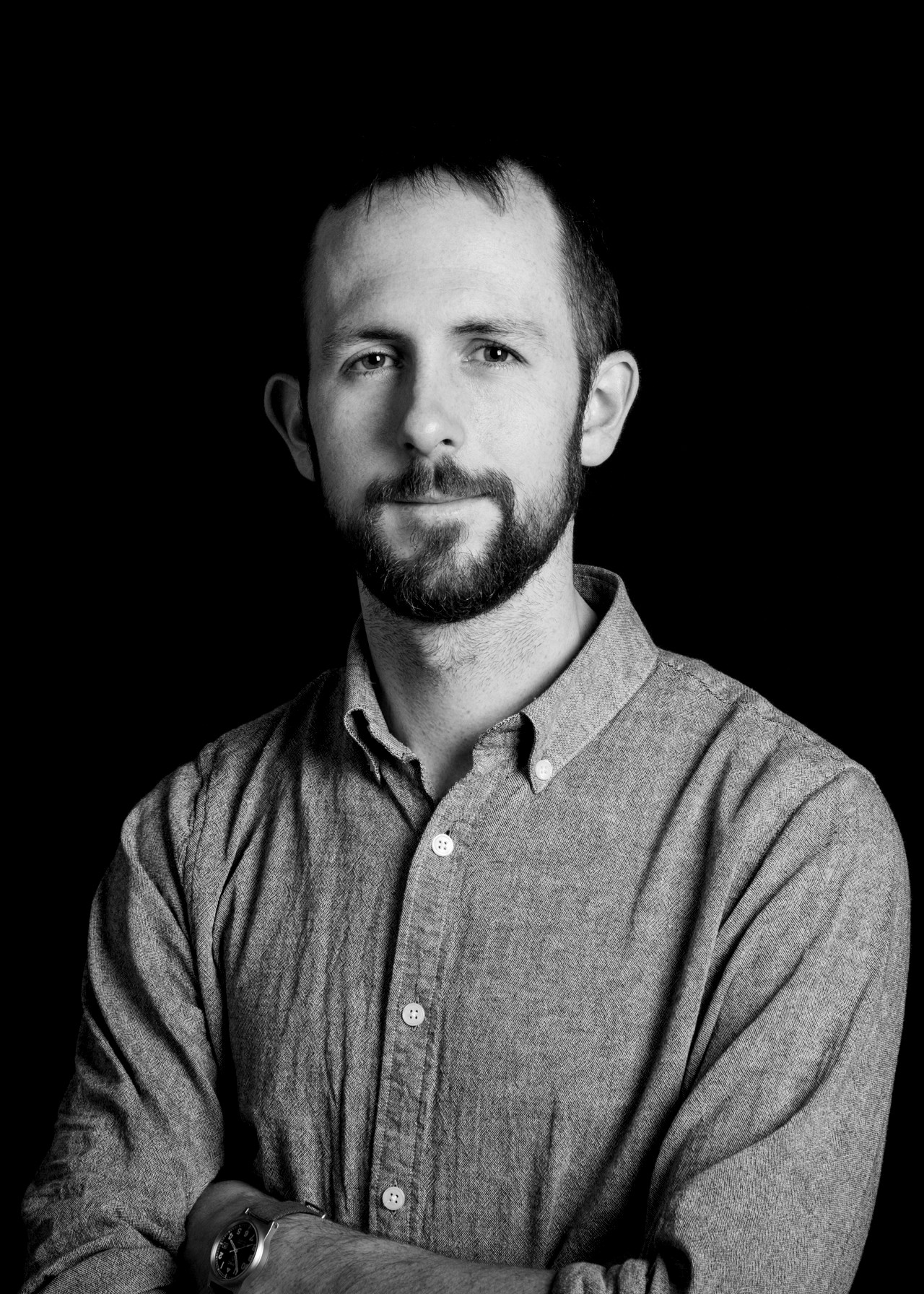
Luke Franzke
Lecturer, Head of Physical Computing Lab
Luke Franzke is a lecturer at Interaction Design at the ZHdK, where he heads the Physical Computing Lab. Luke completed a BA in Multimedia in 2006 and has several years of experience as a UI designer and developer. Through the MA in Interaction Design program at ZHdK he joined the Enactive Environments research group, where he developed new forms of interfaces from transient materials. Luke's teaching spans technical subjects such as physical computing and programming to conceptual approaches in material practices and embodiment in design. His research investigates the role of emerging material technology in Interaction Design, Human-Computer Interaction and wearable technologies.
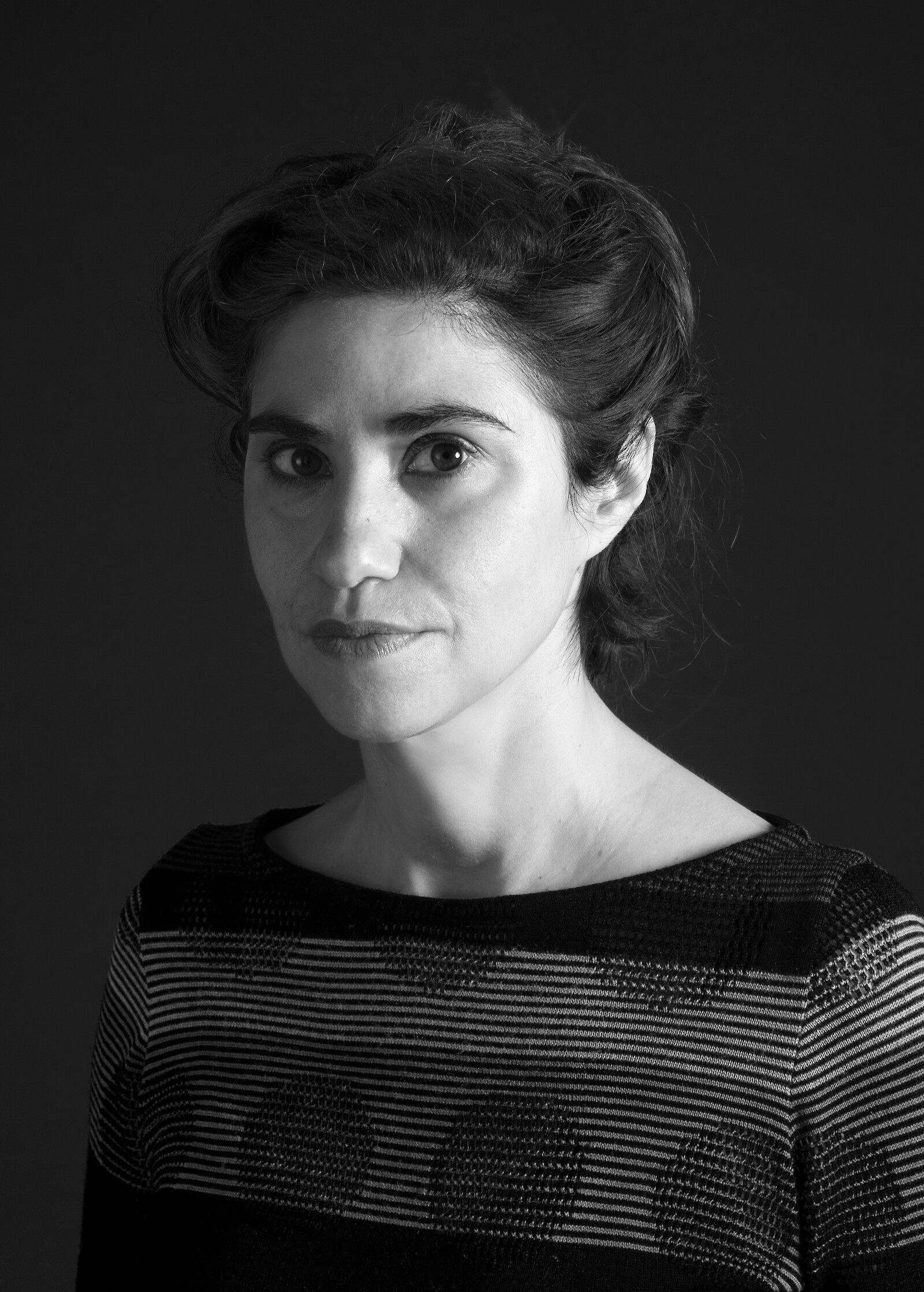
Joëlle Bitton
Lecturer
Joëlle Bitton addresses in her art and design work the relationships between humans and technologies, in par-ticular within the topics of connectedness, distance, embodied fabrication and everyday life. Her teaching puts an emphasis on associating theory and practice and on inviting students to question assumptions and stereotypes, and to embrace the ‘excursive’ journey of a design process.
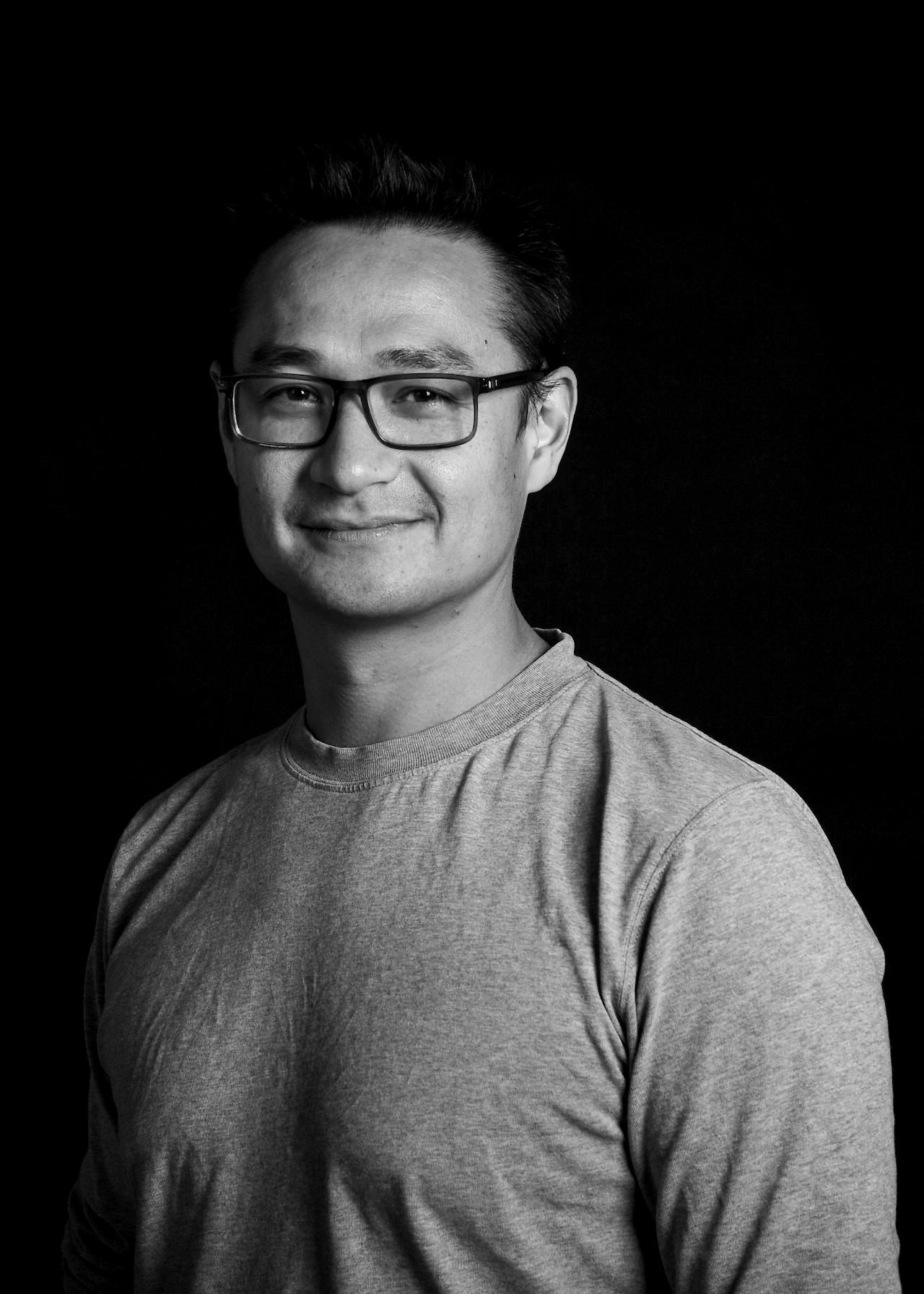
Max Rheiner
Lecturer
Max Rheiner lecturers on topics such as Immersive Expereince, Embodied Interaction and Physical Computing. He was substantially involved in establishing the Physical Computing Laboratory at the ZHdK. In addition to his academic work, Max is an independent artist. The focus of his artistic practice is in interactive installations and experiments delving into digital perception. These projects are developed both independently and in collaboration with other designers and artists. Max's artworks are presented regularly in international museums and festivals.
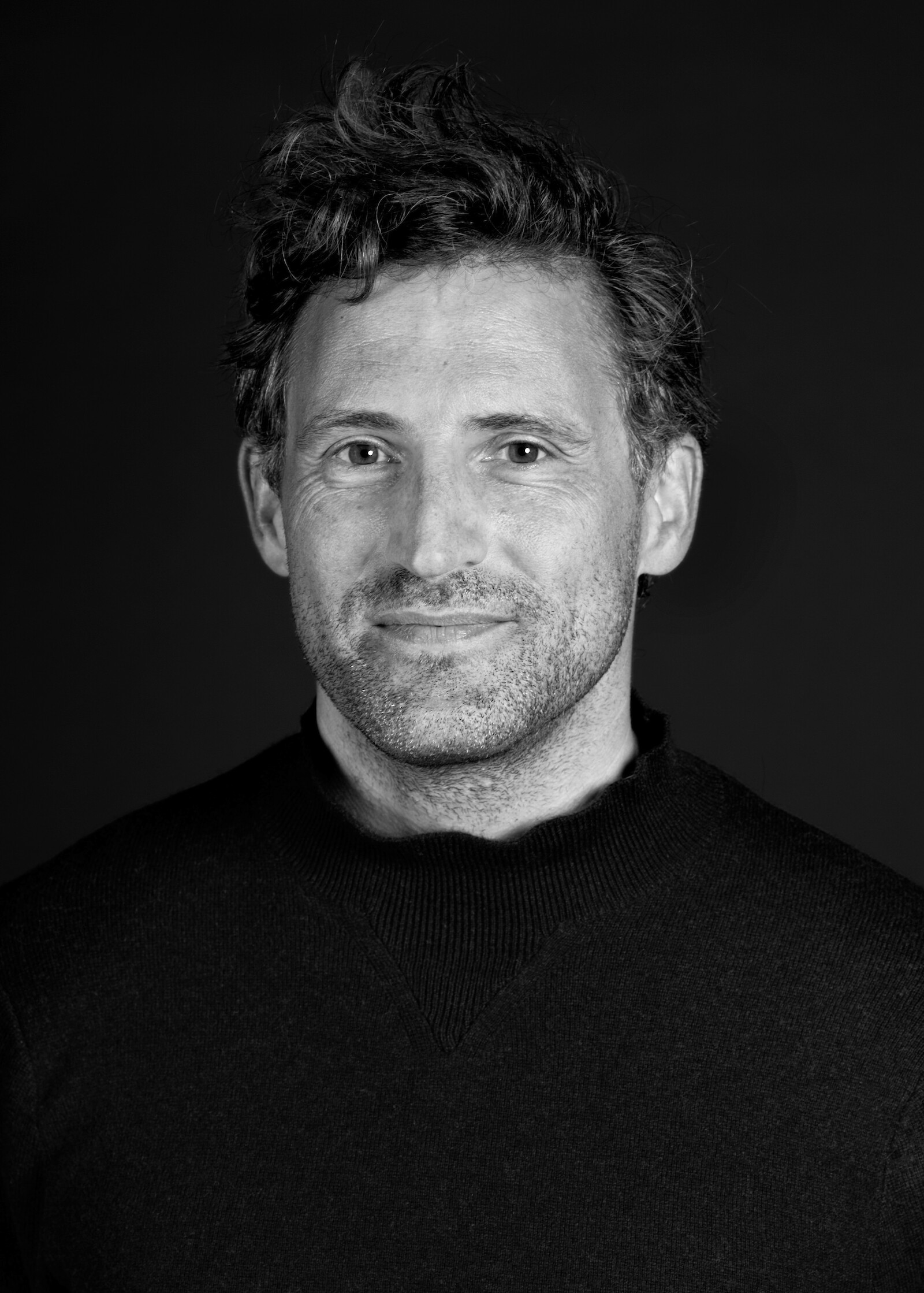
Roman Kirschner
Lecturer
Roman Kirschner is a researcher in art and design. Studies of philosophy, art history, audiovisual art and media design. PhD on „Towards a paradigm of material activity in the plastic arts“ at the Academy of Media Arts Cologne. Project lead of the arts-based research project „Liquid Things“ at the University of Applied Arts Vienna. His works have been exhibited internationally in e.g. Arko Art Center Seoul (ROK), National Art Museum of China, Beijing (CN), Kunsthalle und Künstlerhaus Wien, Cornerhouse Manchester (UK), Tokyo Museum of Photography (JP), Yerba Buena Center for the Arts San Francisco (USA), Lunds Konsthall (SWE).
The focus of his work is on ideas of process-based sculpture, space and interaction; transitive and transformative materials; ecologies and social metabolism; and the mutual influence of material, imagination and epistemology.
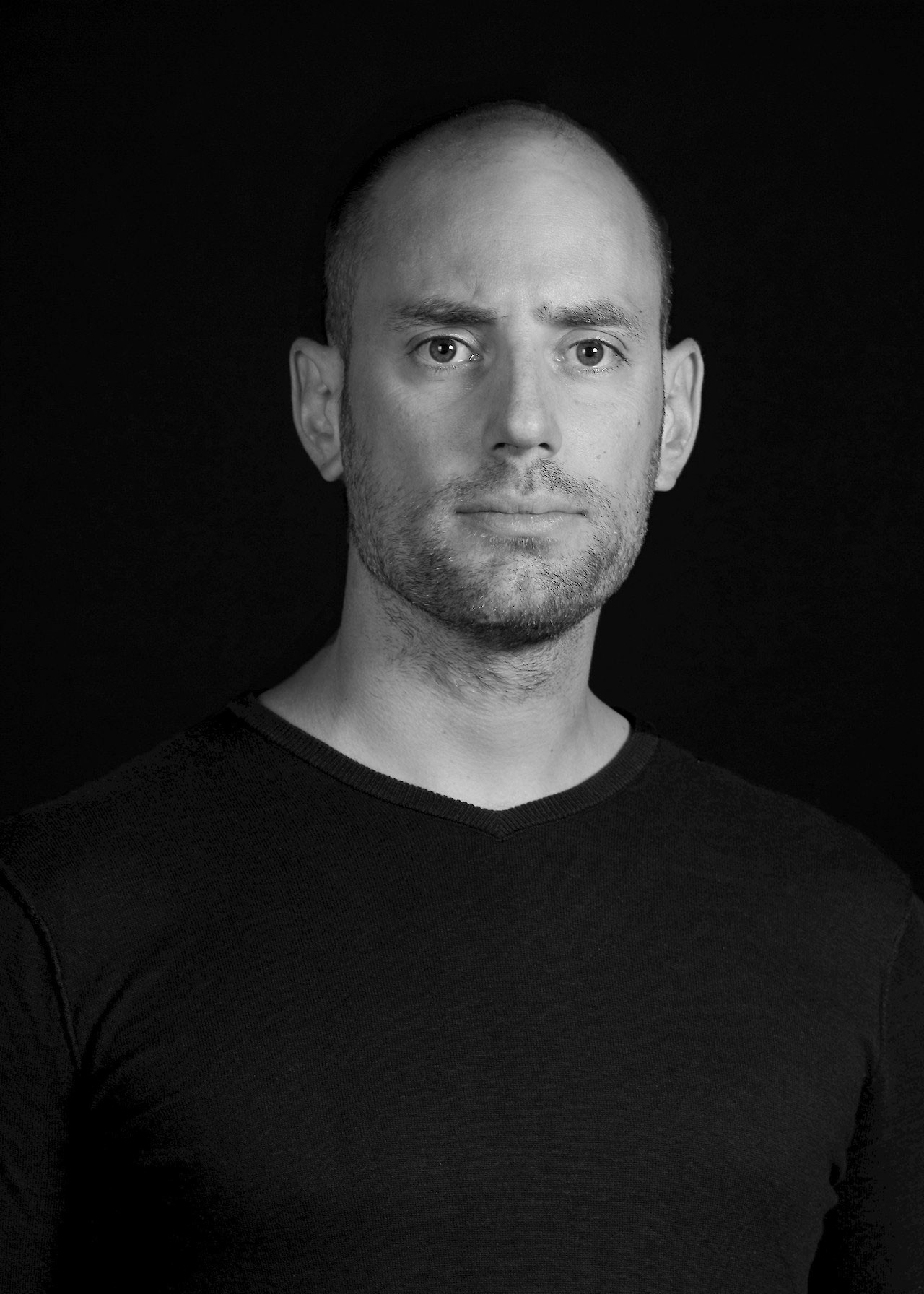
Florian Wille
Lecturer
Florian Wille is an interaction and industrial designer. With a research focus on smart materials and human robot interaction he was working as a research fellow at ZHdK from 2011-2013. After working as a design lead for several years he joined ZHdK as a lecturer in 2017. He is teaching at IAD and the Center for Continuing Education in the fields of design methods, embodied interaction and mobile user interfaces.
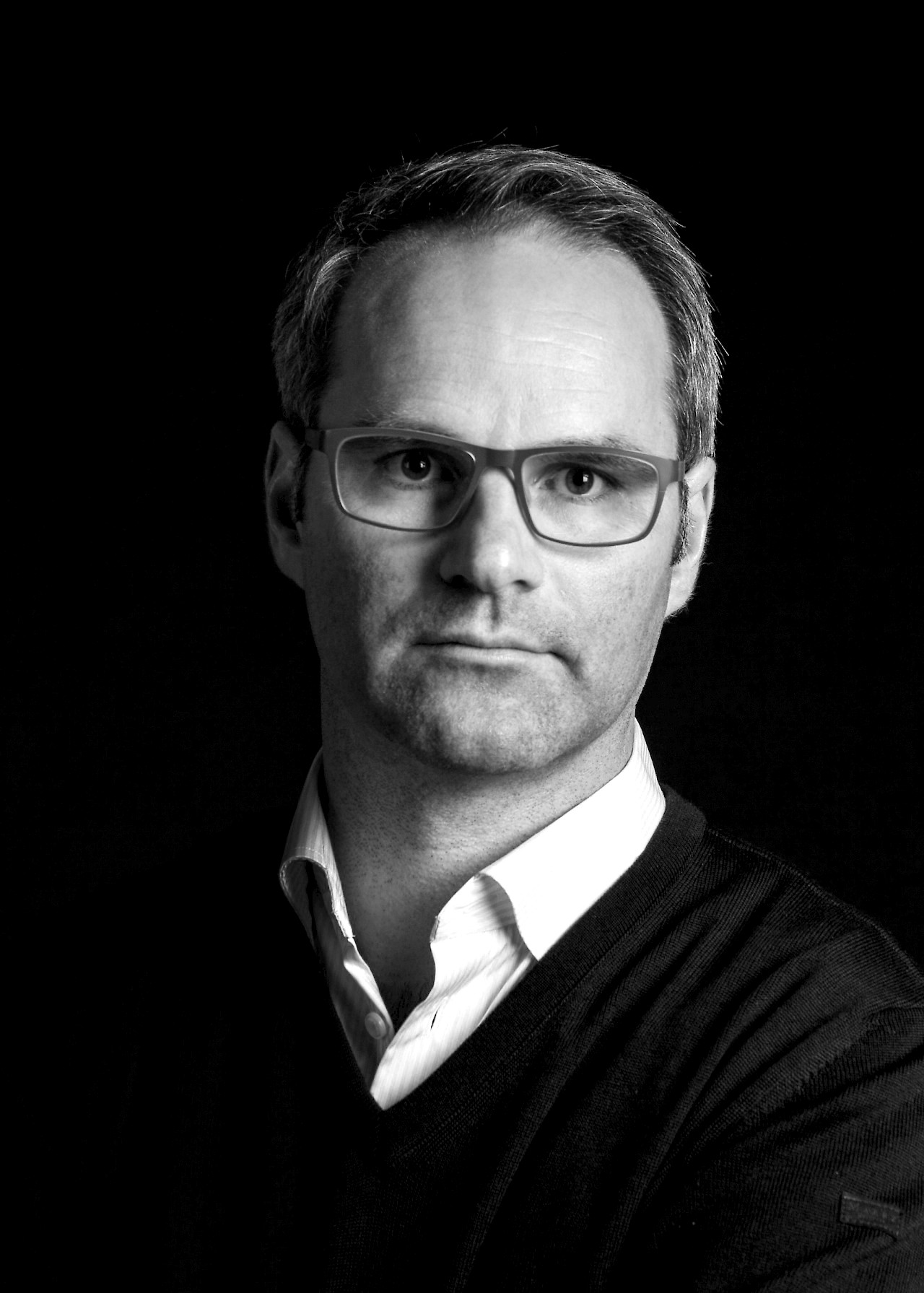
Björn Franke
Lecturer
Bjorn Franke is a practitioner and theorist. He is Senior Lecturer in Design Theory and Practice at the Zurich University of the Arts. He holds a PhD in Design Interactions and a MA in Design Products from the Royal College of Art and was awarded fellowships at the Akademie Schloss Solitude as well as the Artist Residency Schloss Balmoral. His work has featured in exhibitions internationally, most recently at the MUDAC Lausanne in Switzerland, the Triennale di Milano Design Museum in Italy and the Design Museum Holon in Israel. His academic research has been widely published in books and journals and he has participated in and convened lectures, conferences and workshops internationally. Franke’s research interests lie in the relationship between design, technology and philosophy; in particular how the shifting technological landscape alters human behaviour, relationships and self-conceptions.
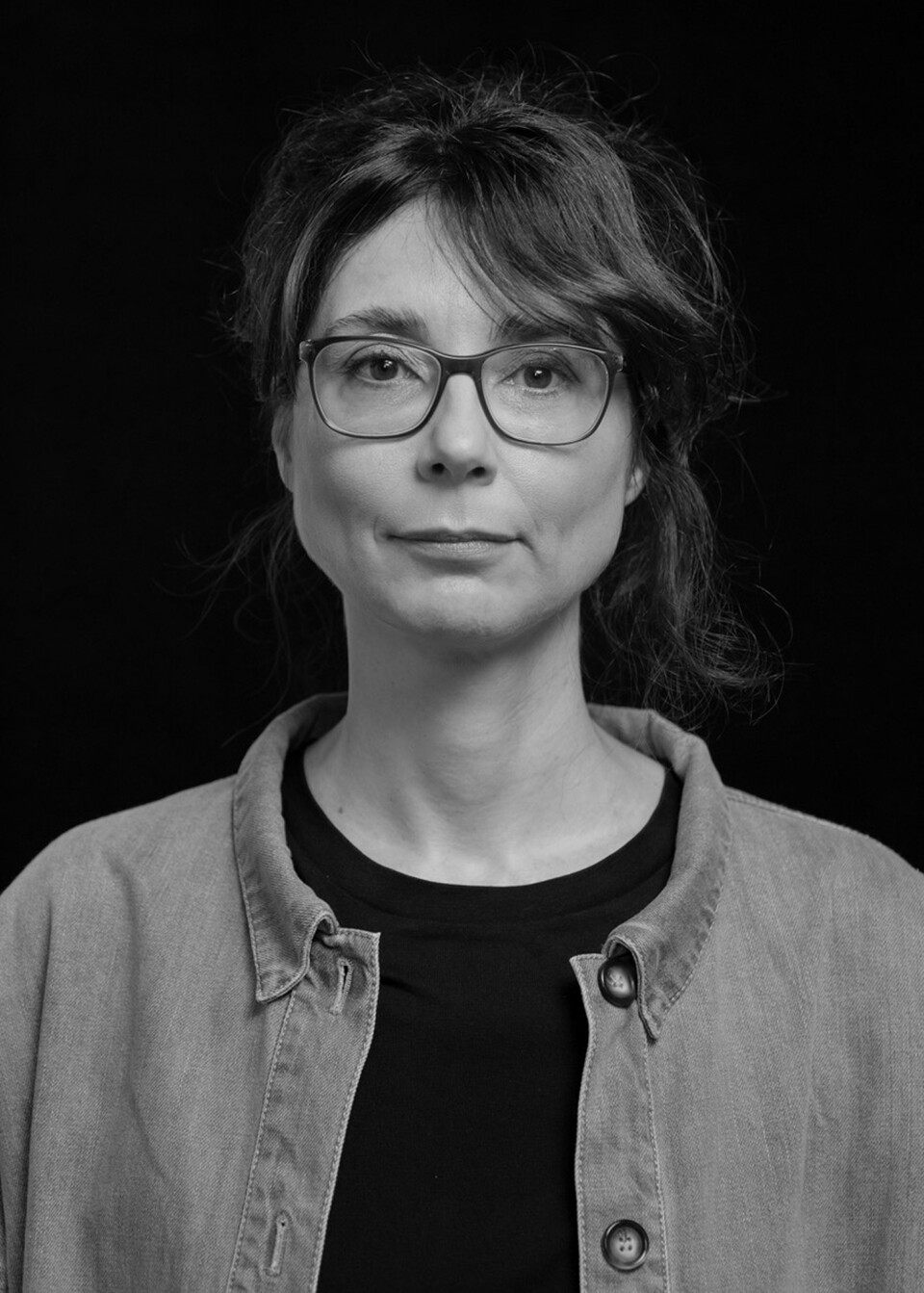
Nicole Foelsterl
Lecturer
Nicole is an independent filmmaker and designer passionate about empowering people to be agents of livable change. Her work has been exhibited internationally. She was named "Best Female Director" and won the Austrian Short Film Award in 2019. Her cinematic essay „Far from Past“ qualified for the Oscars®.
Combining the potential of experimental storytelling and immersive collaboration, she works with a wide range of activists and organizations to create inclusive fields of action that focus on a fulfilling sense of togetherness. In the context of digitization and social interaction, Nicole explores the interplay of co-design, anthropology, and extended narrative strategies.
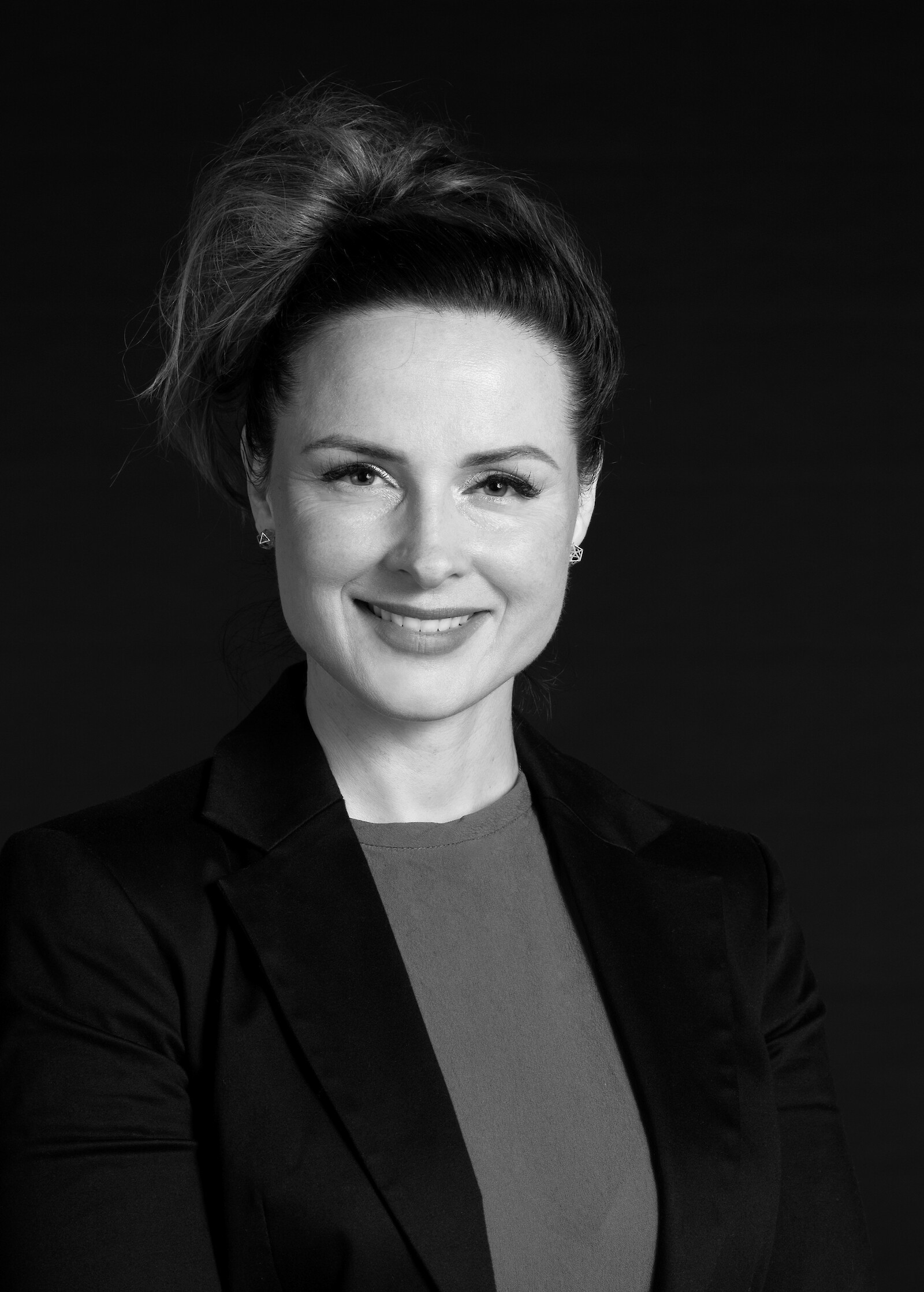
Verena Ziegler
Research Associate
Verena Ziegler is Research Associate with a teaching and researching position. She is trained as Architect and Textile Designer, currently undertaking her PhD research at the University of Arts Linz and in collaboration with HTWG Constance at the Open Innovation Lab. Verena Zieglers research is subject of collaborative exploration between Architecture, Textile- and Interaction design and critically investigates the cultural and emotional rootedness (Verortung) of new materials and technologies to explore prosthetic relations between the body and the environment for potential new forms of dwelling and belonging. The use of traditional crafting techniques and cultural artisanry in combination with novel material performativity, technological activation and digital fabrication methods seeks to embody and enact sustainable forms of living, to create a sense of place and expressions of personal, experiential, cultural and aesthetic values.
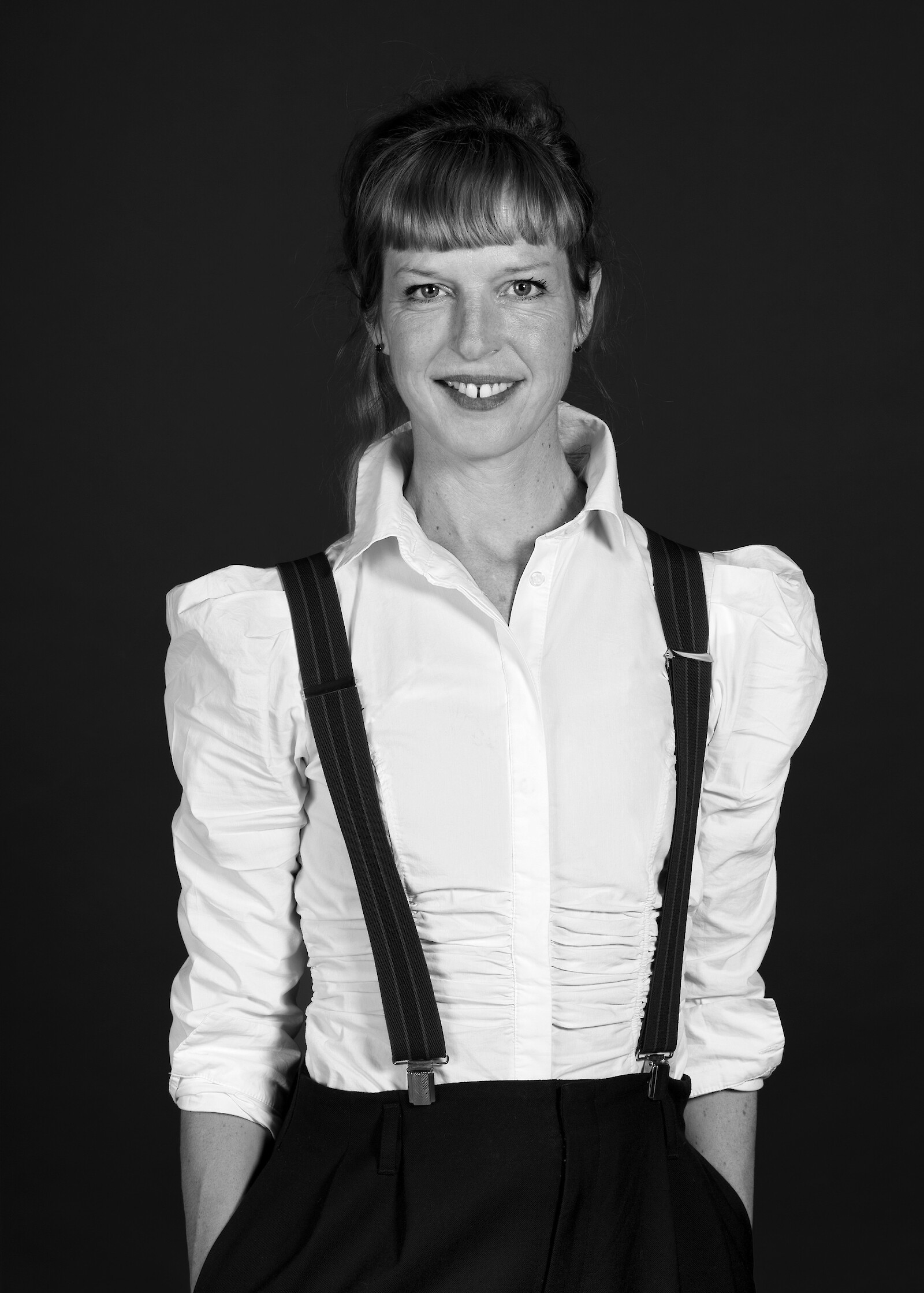
Rebecca Morganti-Pfaffhauser
Lecturer
Rebecca Morganti is a lecturer in the Department of Design. In the specialization Interaction Design she teaches Visual Communication.
She studied Visual Communication at the University of Art and Design Zurich and received the international Walter Tiemann Award for her diploma thesis "TIFKATA" (the imagery formerly known as the alphabet), which she realized in collaboration with Daniela Mirabella. From 2006-2008 she worked in Shanghai as a cultural mediator in the fields of typography, graphics and design and together with Kamwah Chan, conceived the corporate design and the products of World Traveller Media China.
She is co-founder of the graphic design firm Mirabella-Morganti, which is active at the interface of culture, art and education. The works of Mirabella-Morganti have already been nominated and awarded several times.
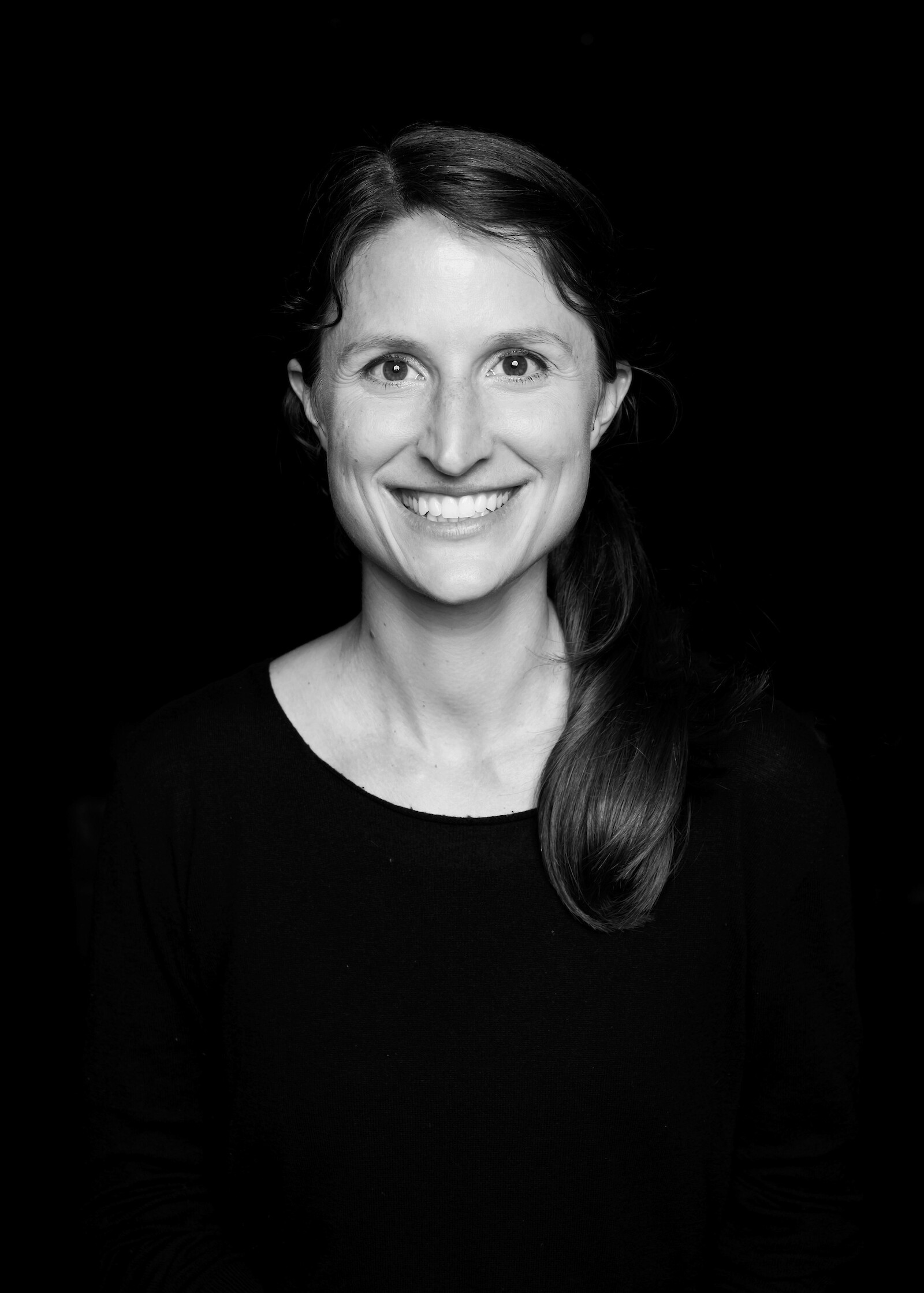
Mona Neubauer
Research Associate
Mona Neubauer's design works focuses on co-creation, social design, participation, learning processes and an ecologically and socially sustainable shared culture created through design.
Seeing design as a tool for social innovation, she is inspired by natural processes, open source and social interactions. Communal and holistic perspectives are crucial for her: living, working and being with people she admires.
Mona Neubauer is partner at Lucid, co-founder of co-co-co, co-founder of hyphen, co-initiated the project Designathon and teaches at ZHdK.
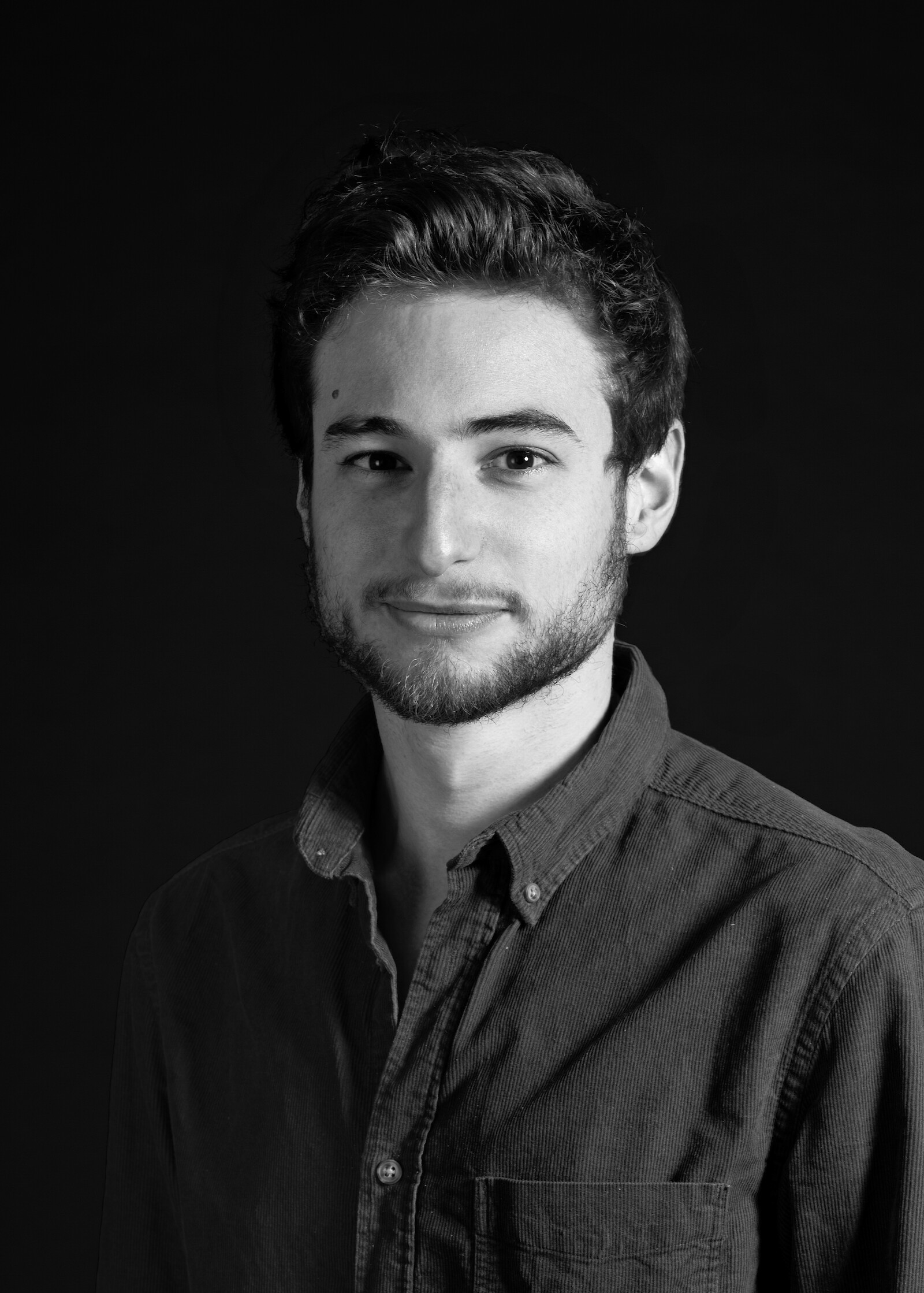
Marcial Koch
Visiting Lecturer
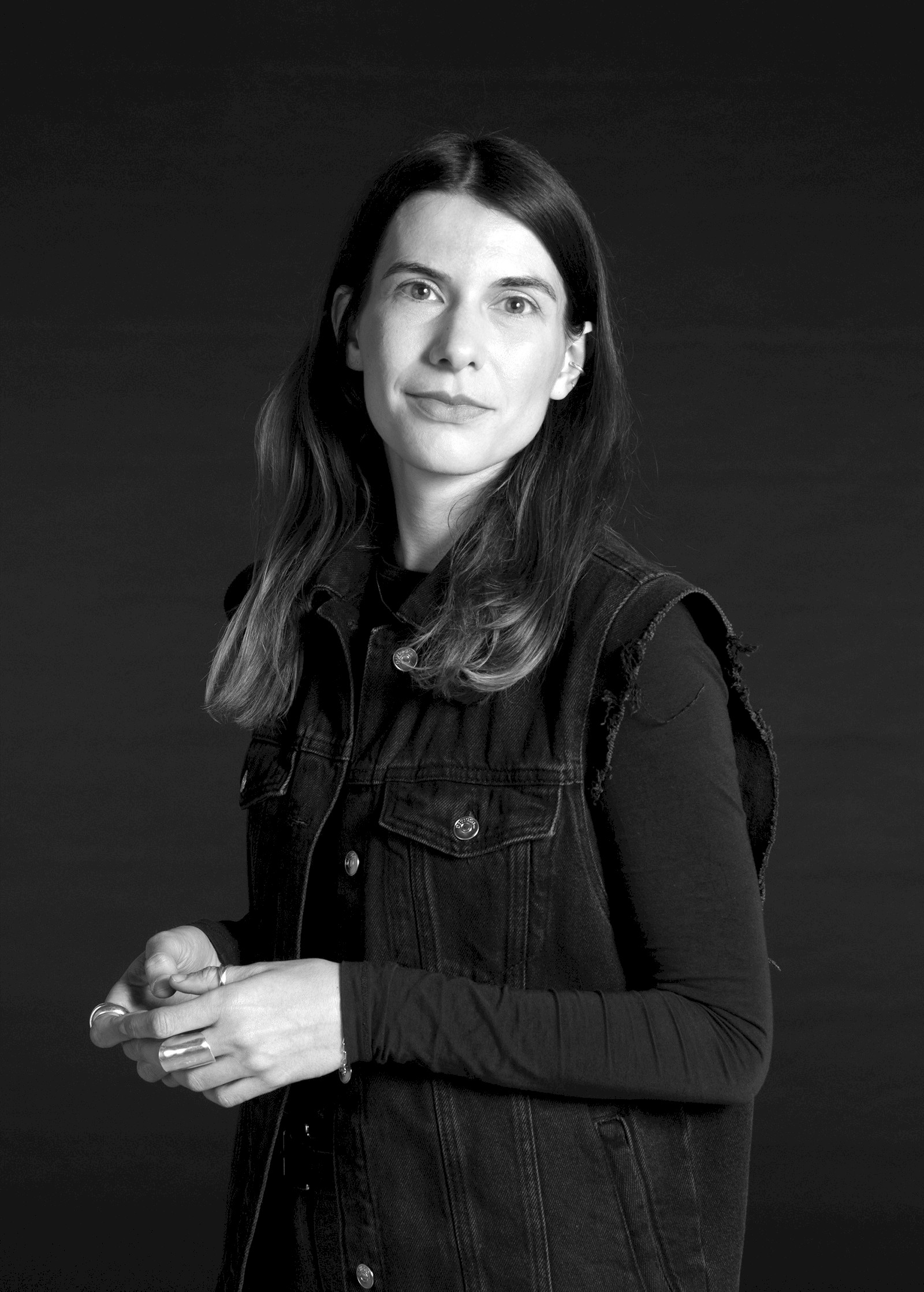
Rasa Weber
PhD Candidate "Interfacing the Ocean"
Rasa Weber is an experimental designer, researcher & diver between Zürich and Berlin who explores the narrative and process-based potential of materials and environments. Her design concepts are characterized by a strong narrative approach and critical ecological thinking. She is a lecturer and doctoral candidate at Zurich University of the Arts as part of the Swiss National Science Fund project „Interfacing the Ocean" and an associated researcher at "Matters of Activity." Cluster of Excellence, Humboldt University of Berlin. She works interdisciplinary in the fields of design, materials research, marine biology and design anthropology.
In her practice-based doctoral research »SymbiOcean« (supervised by Prof. Dr. Karmen Franinović, ZHdK and Prof. Dr. Karin Harrasser, University of the Arts Linz) she researches on the process of oceanic mineral accretion and its sympoïetic potential for the ecological formation of artificial reefs. At the intersection of marine biology, anthropology and design, she explores the notion of Sympoïetic Design with human, animal and microbial actors in the ocean.
She is one of the founders of They Feed Off Buildings, a design and architecture collective, in collaboration with Luisa Rubisch. As founder of the studio Blond & Bieber, she collaborated with textile designer Essi Glomb on bio-based material and color concepts.
Info: rasaweber.com
@rasaweber
__
Rasa Weber ist eine experimentelle Designerin, Forscherin und Taucherin zwischen Zürich und Berlin, die das narrative und prozessbasierte Potenzial von Materialien und Umwelten erforscht. Ihre Designkonzepte zeichnen sich durch einen starken narrativen Ansatz und kritisches ökologisches Denken aus. Sie ist wissenschaftliche Mitarbeiterin und Doktorandin an der Zürcher Hochschule der Künste im Schweizerischer Nationalfonds Projekt "Interfacing the Ocean" sowie assoziierte Forscherin bei "Matters of Activity.“ Exzellenzcluster, Humboldt-Universität zu Berlin. Sie arbeitet interdisziplinär in den Bereichen Design, Materialforschung, Meeresbiologie und Designanthropologie.
In ihrer praxisorientierten Doktorarbeit "SymbiOcean" (betreut von Prof. Dr. Karmen Franinović, ZHdK und Prof. Dr. Karin Harrasser, Kunstuniversität Linz) erforscht sie den Prozess der ozeanischen Mineralakkretion und dessen sympoïetisches Potential für die ökologische Bildung künstlicher Riffe. An der Schnittstelle von Meeresbiologie, Anthropologie und Design erforscht sie das Konzept des Sympoïetic Design mit menschlichen, tierischen und mikrobiellen Akteuren im Ozean.
Sie ist eine der Gründerinnen von They Feed Off Buildings, einem Design- und Architekturkollektiv, das sie zusammen mit Luisa Rubisch gegründet hat. Als Gründerin des Studios Blond & Bieber hat sie mit der Textildesignerin Essi Glomb an biobasierten Material- und Farbkonzepten gearbeitet.
Infos: rasaweber.com
@rasaweber
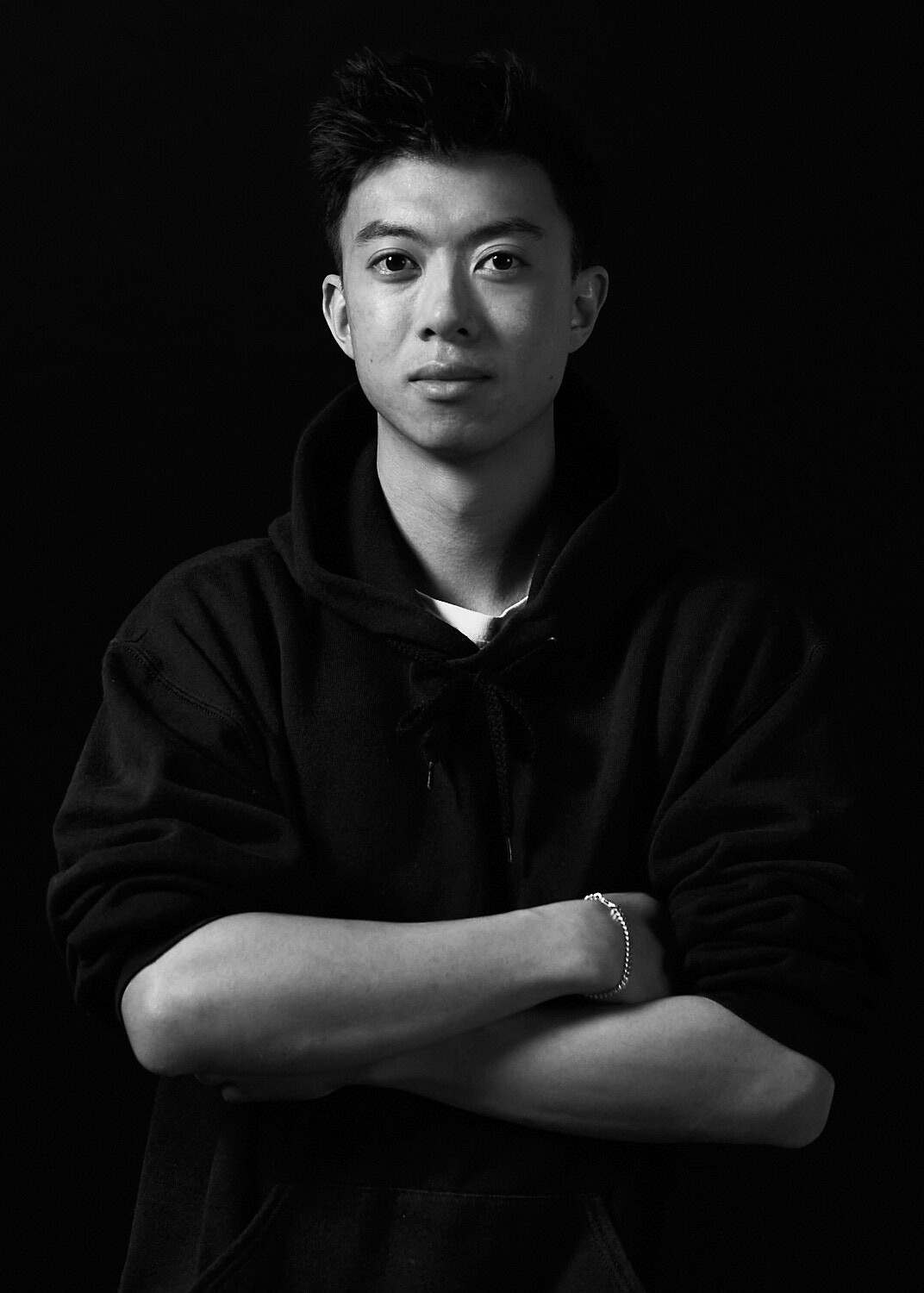
Duy Bui
Teaching Assistant
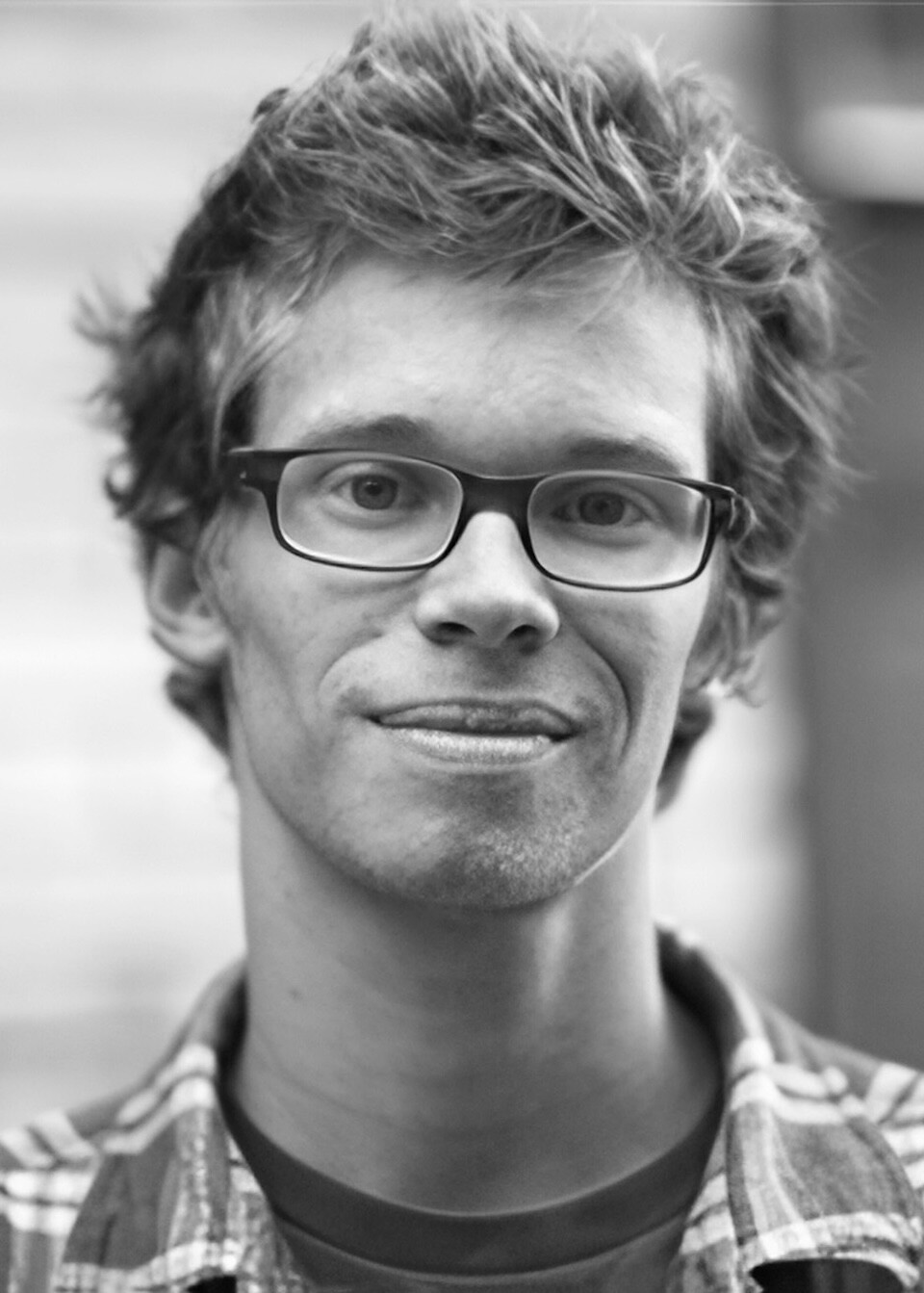
Jonas Scheiwiller
Visiting Lecturer
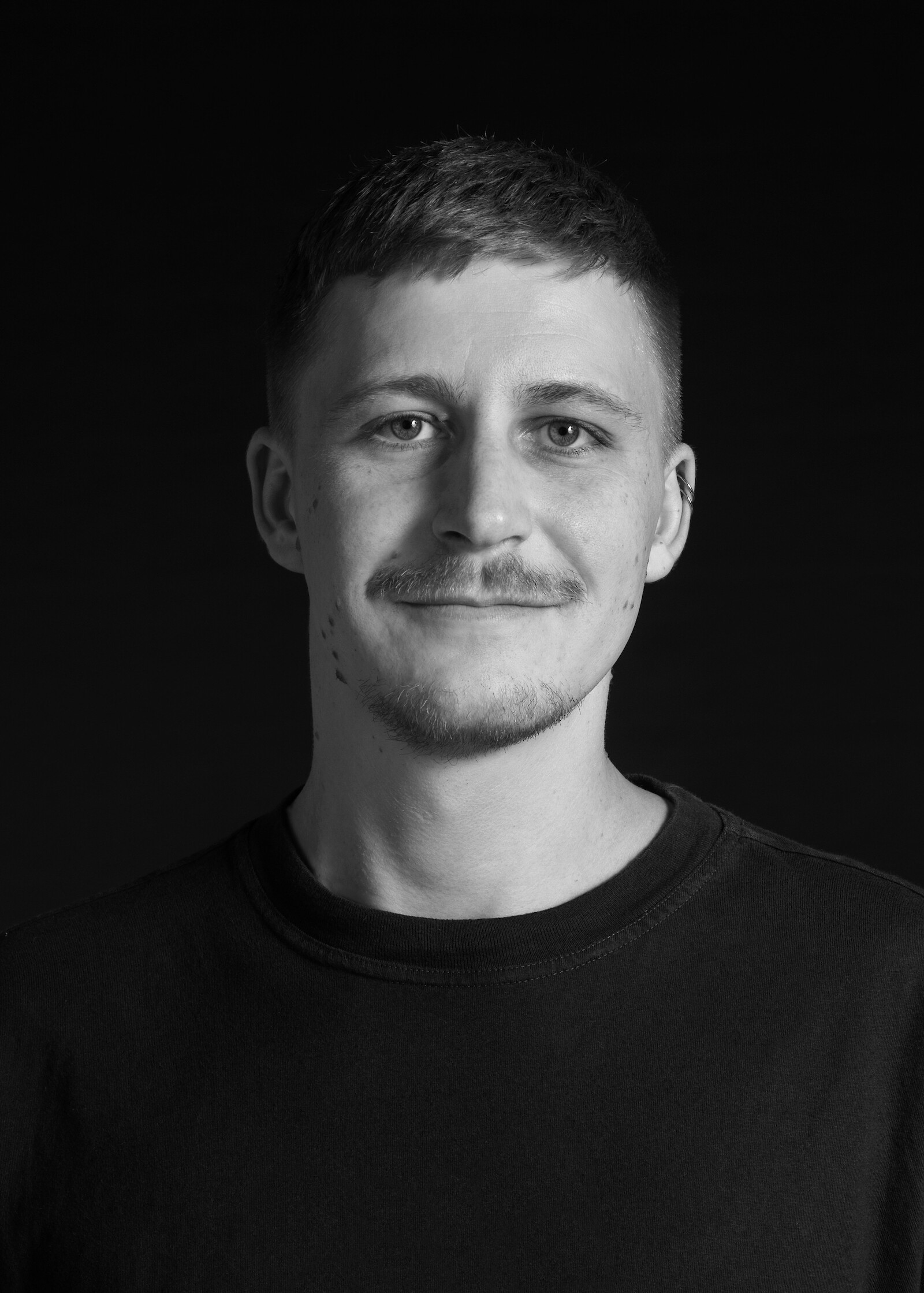
Johannes Reck
Research Associate
Johannes Lucian Reck is a transdisciplinary artist with a diverse background in engineering, design, art, and sound. His work spans a broad spectrum of outputs, including installations, visual media, sound compositions, and immersive experiences.
He is driven by a desire to merge these fields into cohesive emotional environments, often exploring the complexities of human perception. Central to his practice is an inquiry into how the perceived contrasts with objective reality, and how individuals interpret sensory stimuli in diverse ways. His work is a means of expressing personal interpretations of the present moment and human experience.
Currently, he teaches in the Interaction Design and Game Design Department at Zurich University of the Arts.
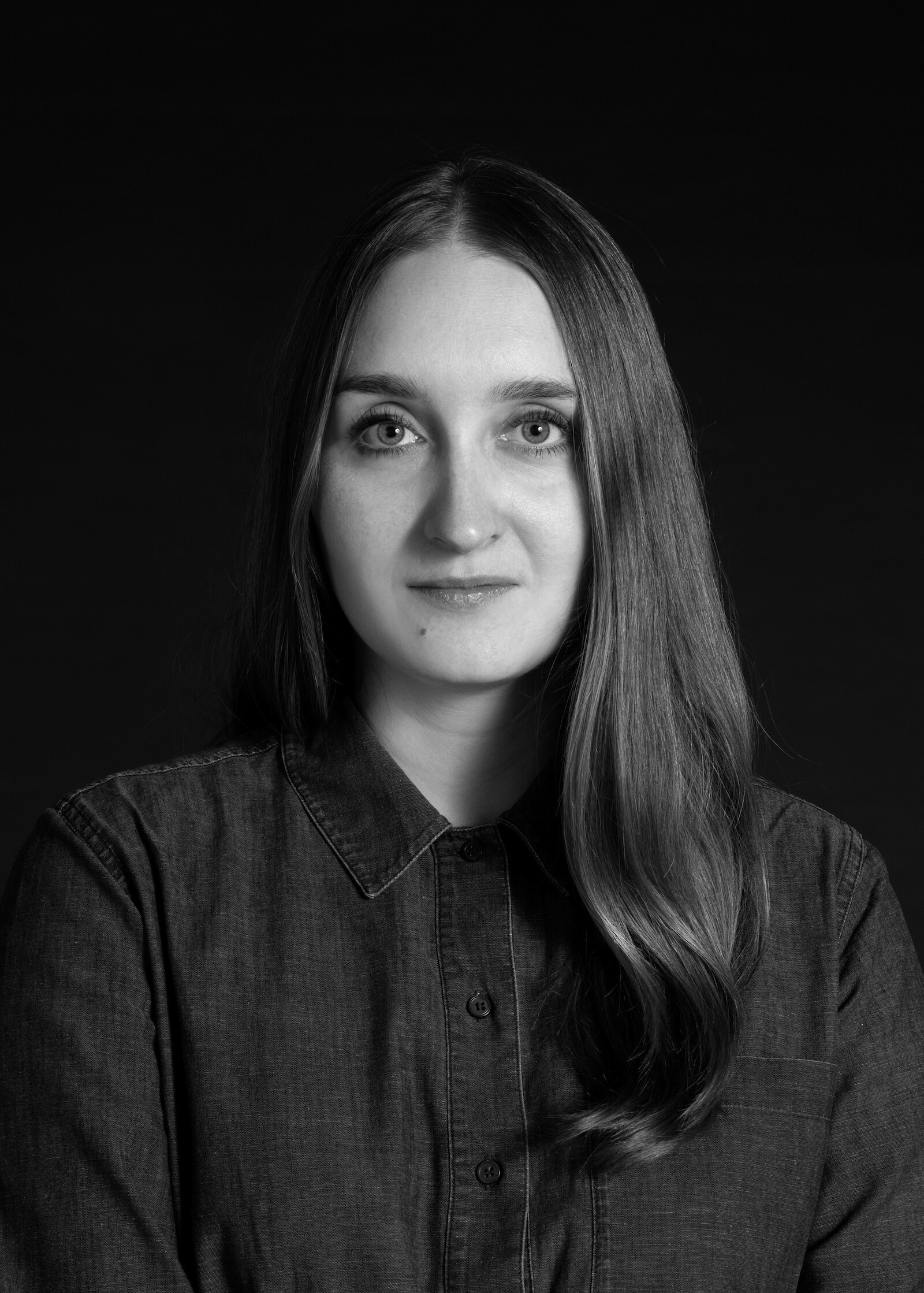
Aleksandra Szewc
Research Associate
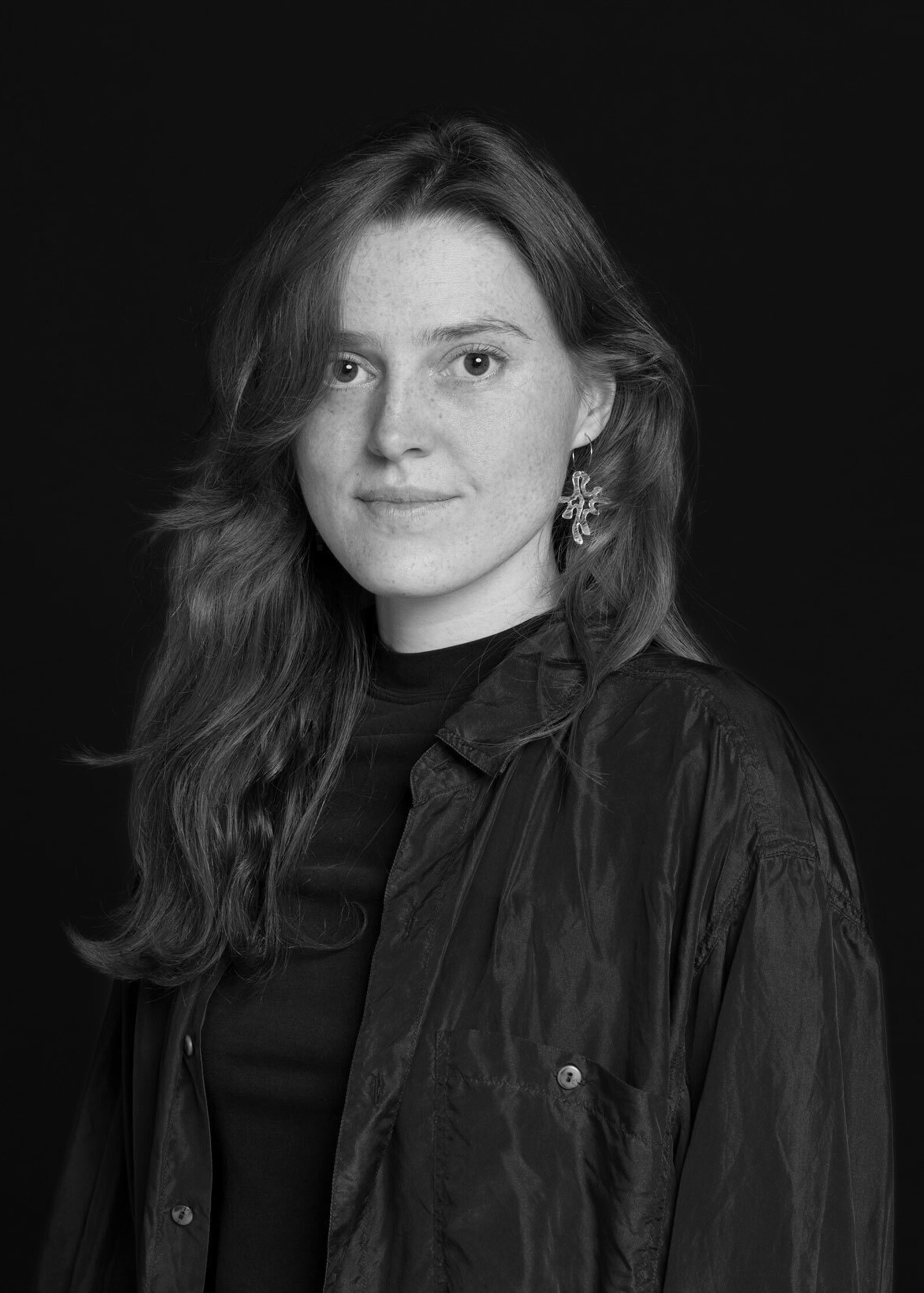
Riva Pinto
Research Associate
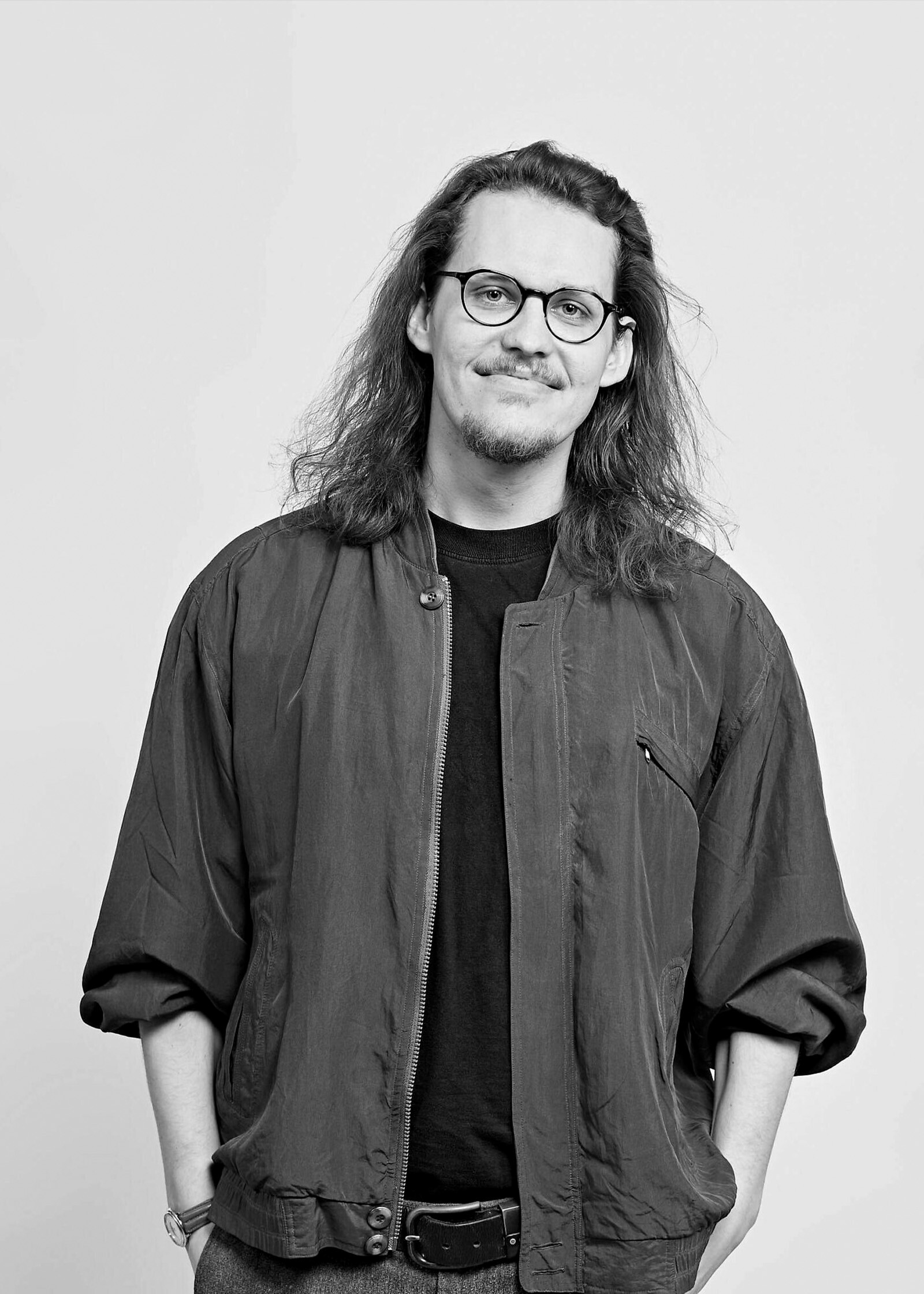
Nicola Bischof
Teaching Assistant
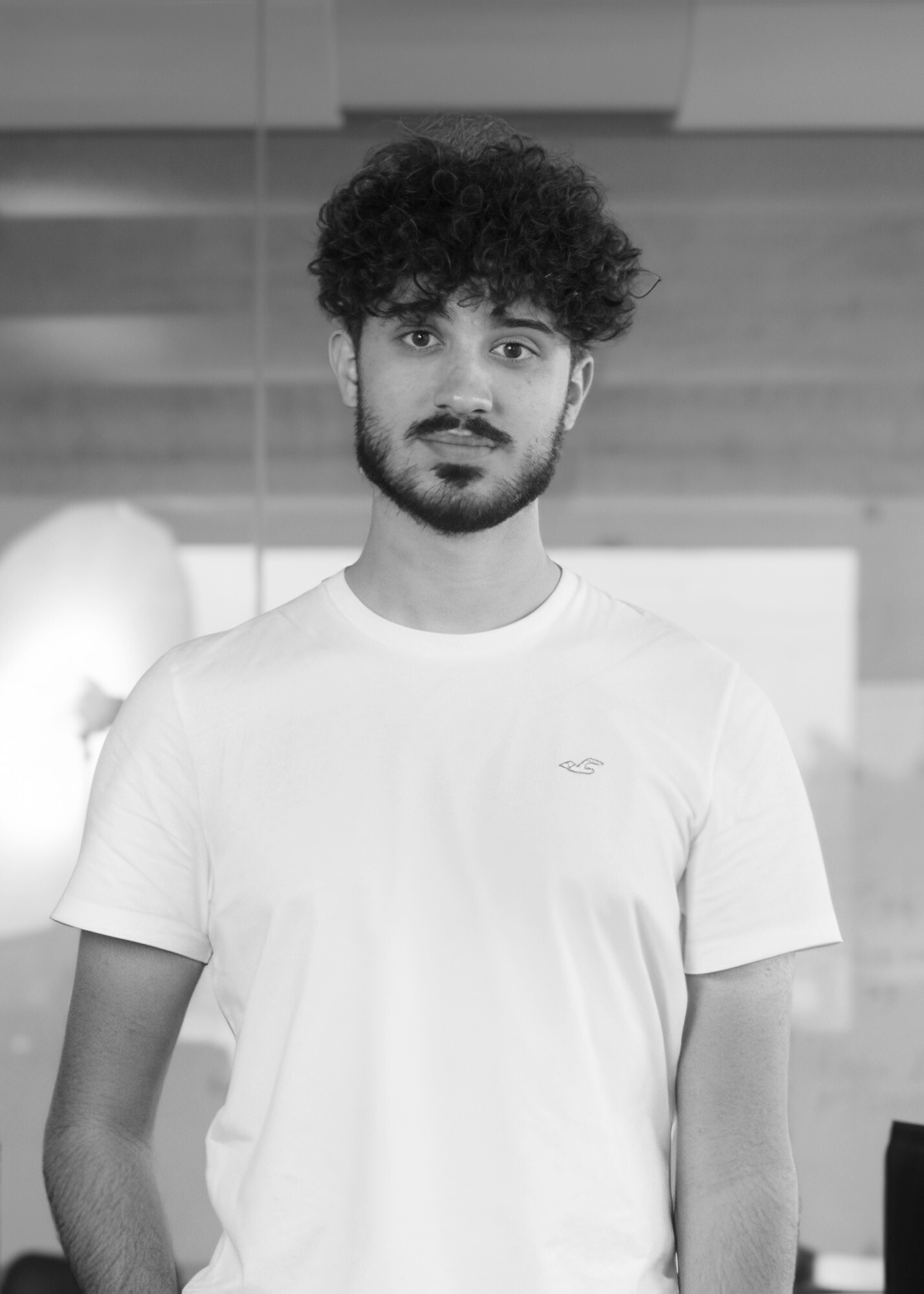
Lukman Ascic
Research Associate
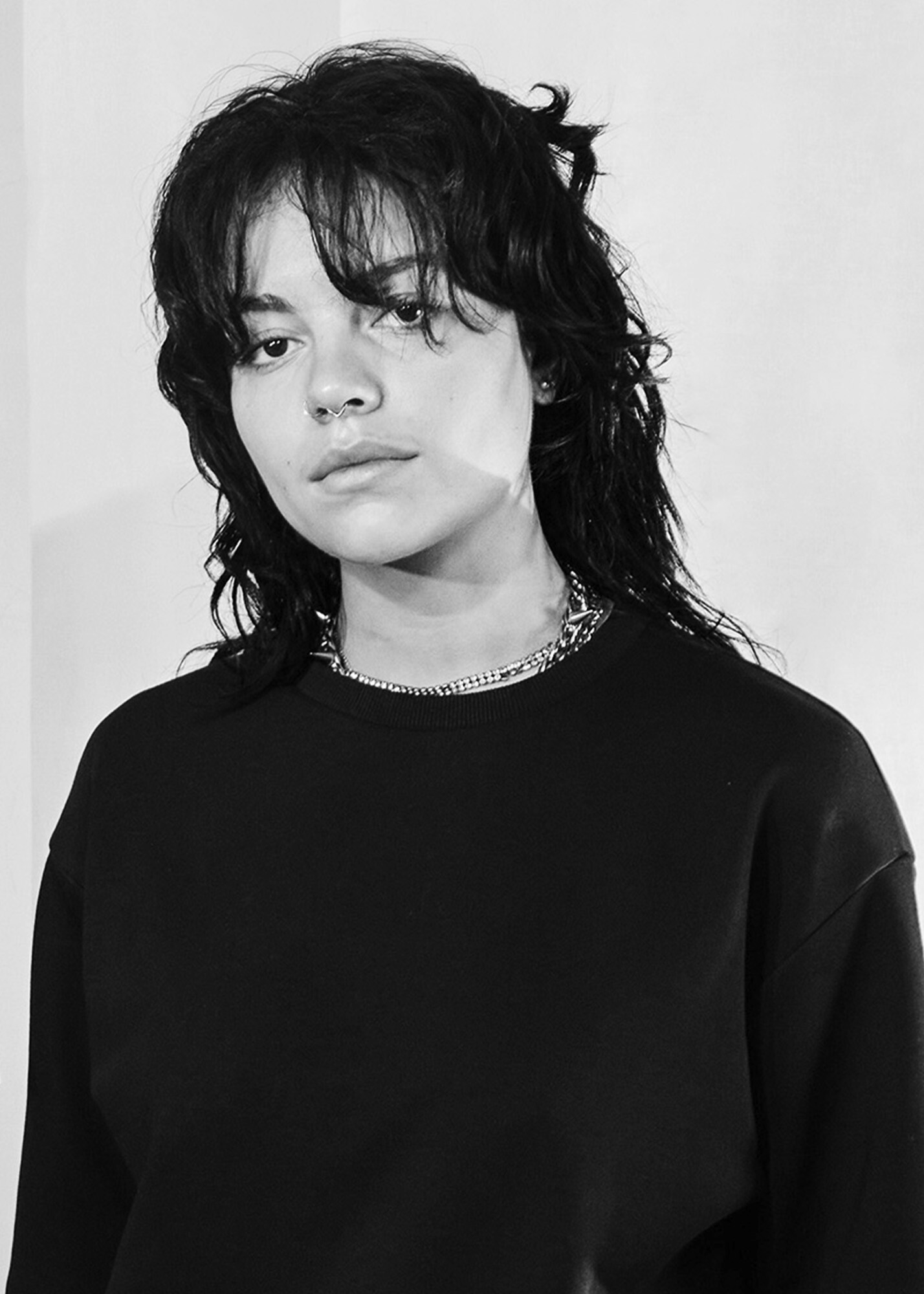
Audrey Lohmann
Research Associate
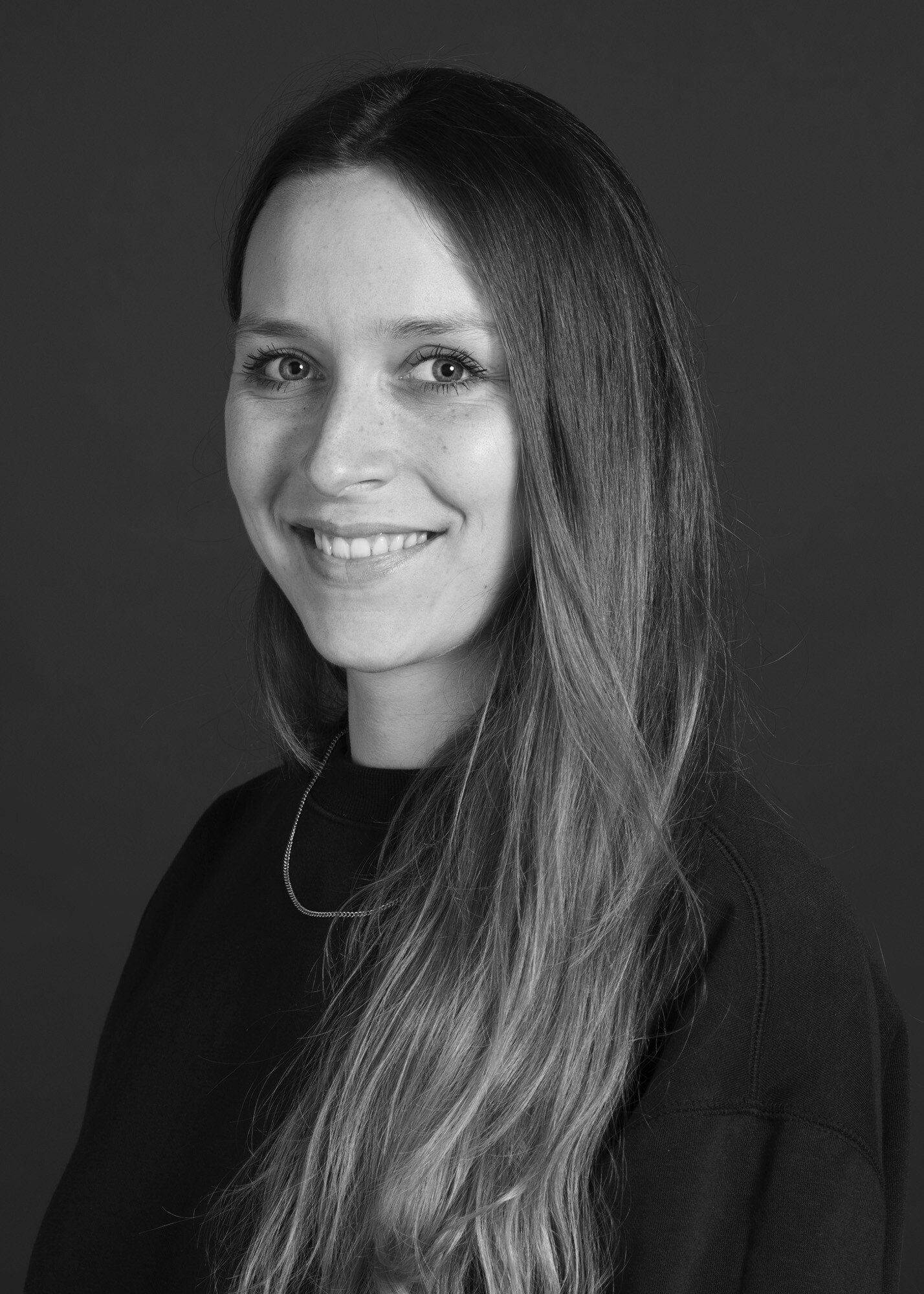
Vera Kaeser
Research Associate
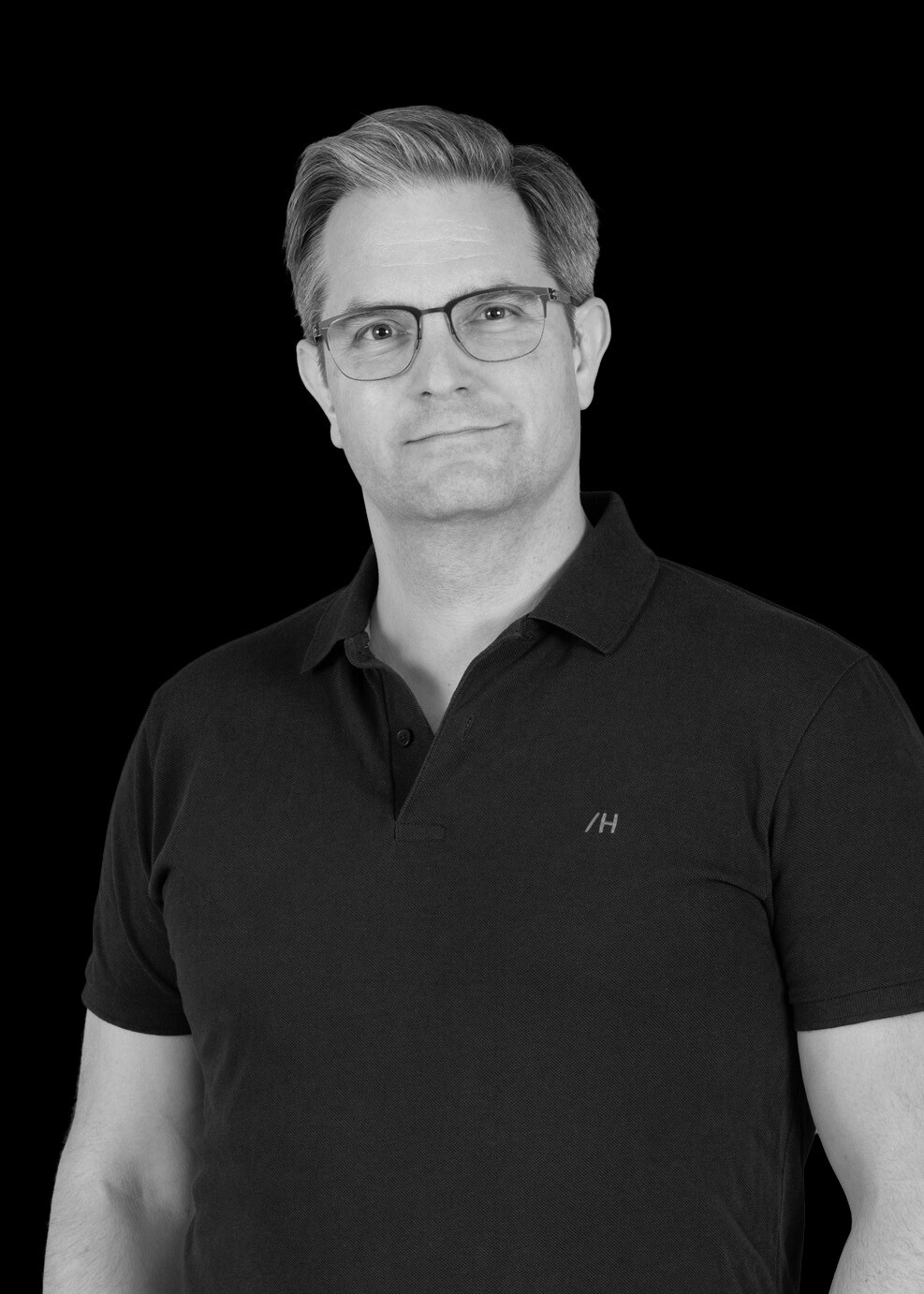
Dr. Daniel Hug
Lecturer

Thomas d'Enfert
Research Associate